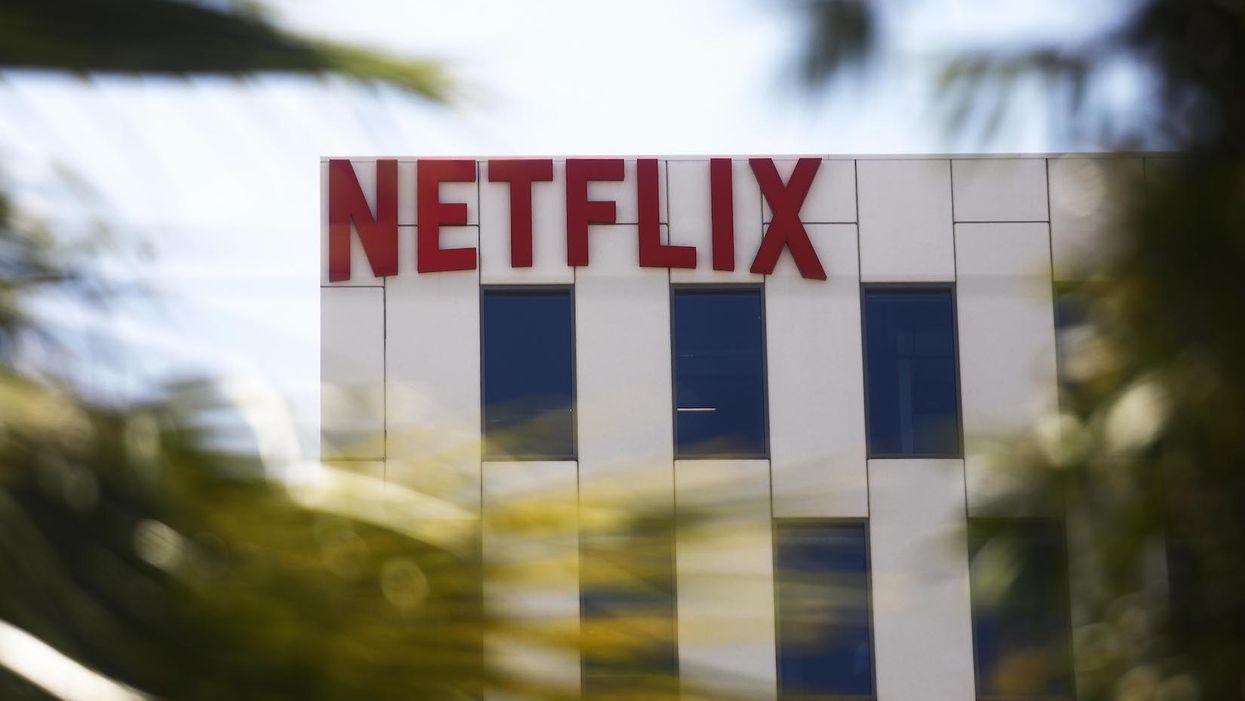
Mario Tama/Getty Images

Sounds a bit hypocritical
Netflix is among the companies that have implied that they may not be able to continue business in Georgia because abortions aren't freely available at all stages of pregnancy, but that hasn't stopped the streaming giant from expanding its reach in countries that outlaw abortion all together.
The company is filming three original shows in the Middle East—one in Egypt, and two in Jordan. In Egypt, abortion is punishable by imprisonment. In Jordan, it is only allowed in rare cases dealing with the health of the mother or the development of the unborn child. Apparently, "abortion rights" only matter to Netflix in America. From The Daily Caller:
Netflix's expressed reluctance to produce content in regions with strong anti-abortion laws seemingly does not extend to the Middle East, where recently the company has been ramping up the number of undertaken projects, according to Variety.
Netflix is working on its third Arabic original, titled "Paranormal," Variety reports. The show will be based on a series of Arabic horror books written by Egyptian author, Ahmed Khaled Tawfik, according to Variety. The show will be produced in Egypt, where abortion is punishable by imprisonment in almost all circumstances, according to the Pew Research Center.
Back stateside, however, a Georgia law that bans abortion after the detection of a fetal heartbeat (around six weeks) may apparently be a deal breaker for Netflix.
Netflix chief content officer Ted Sarandos said Tuesday that if the Georgia law takes effect, Netflix could pull productions from the state.
"We have many women working on productions in Georgia, whose rights, along with millions of others, will be severely restricted by this law," Sarandos said in a statement. "It's why we will work with the ACLU and others to fight it in court. Given the legislation has not yet been implemented, we'll continue to film there, while also supporting partners and artists who choose not to. Should it ever come into effect, we'd rethink our entire investment in Georgia."